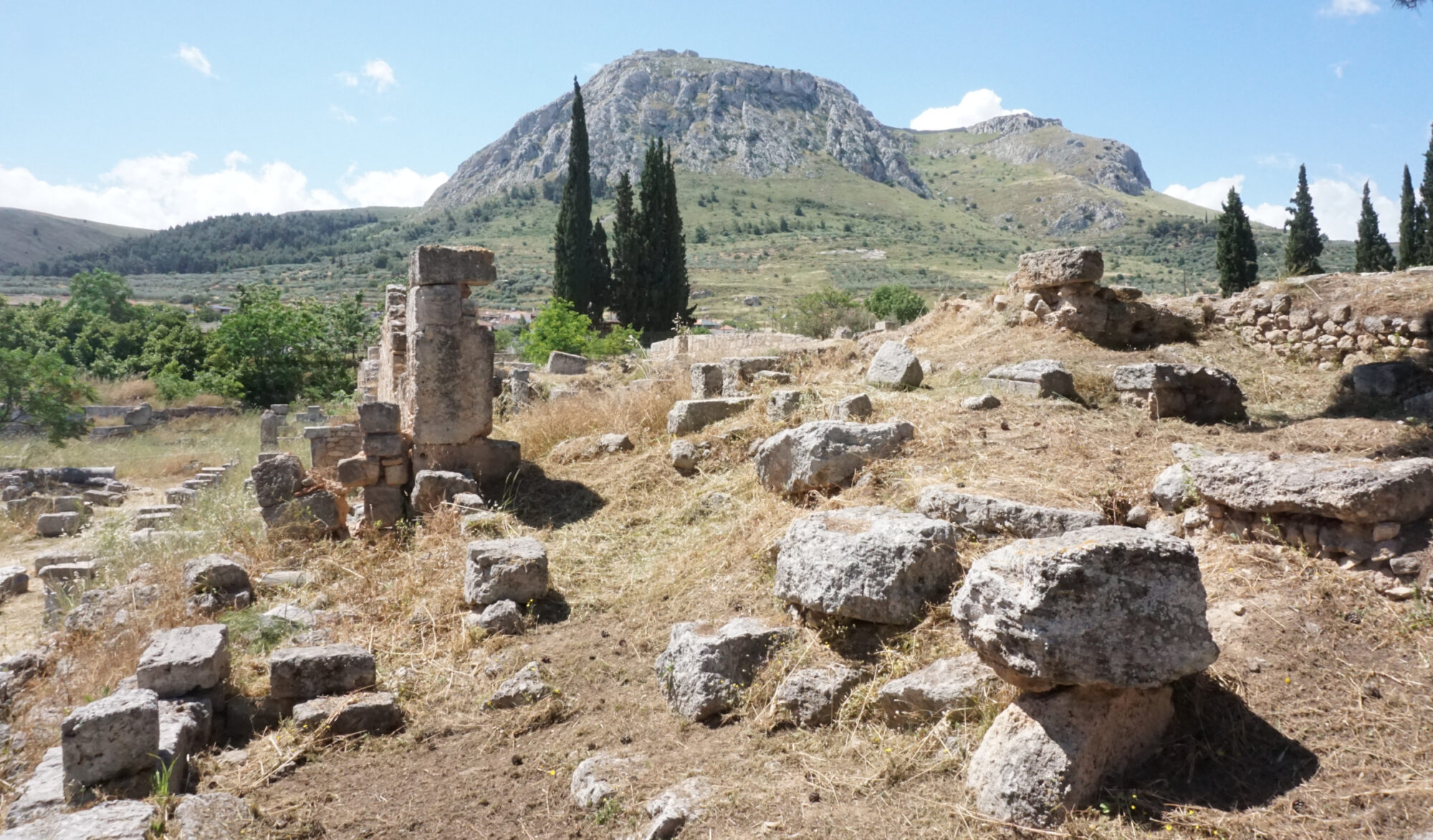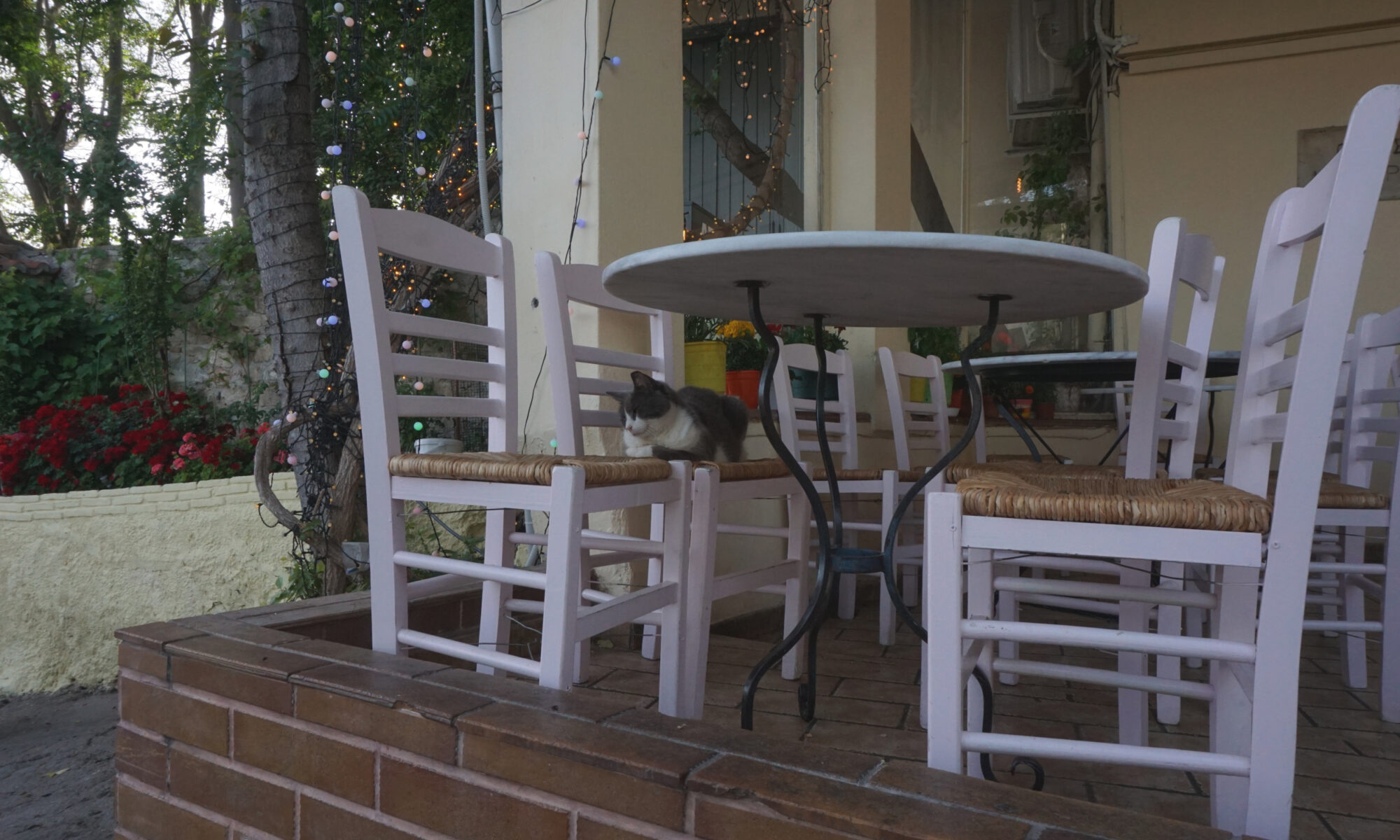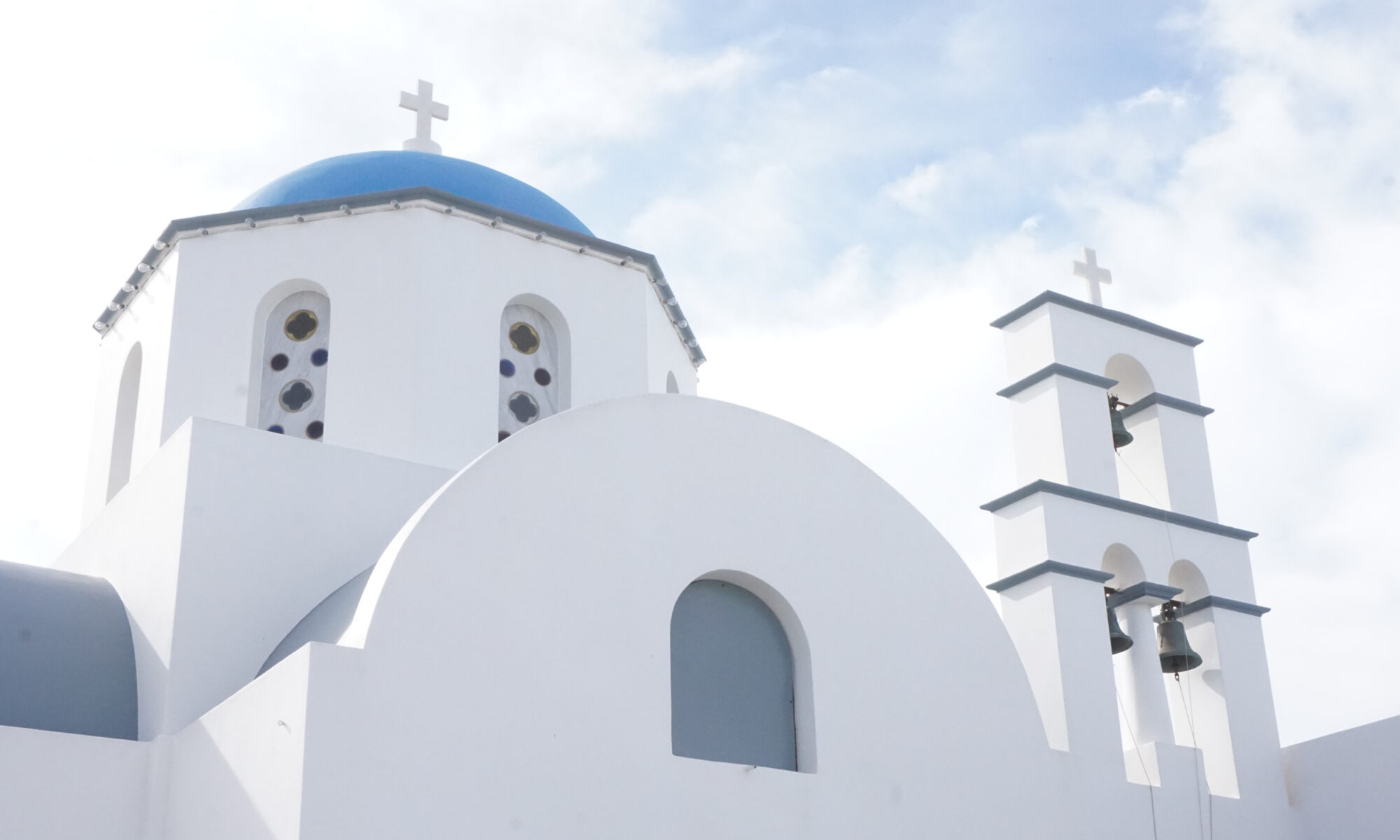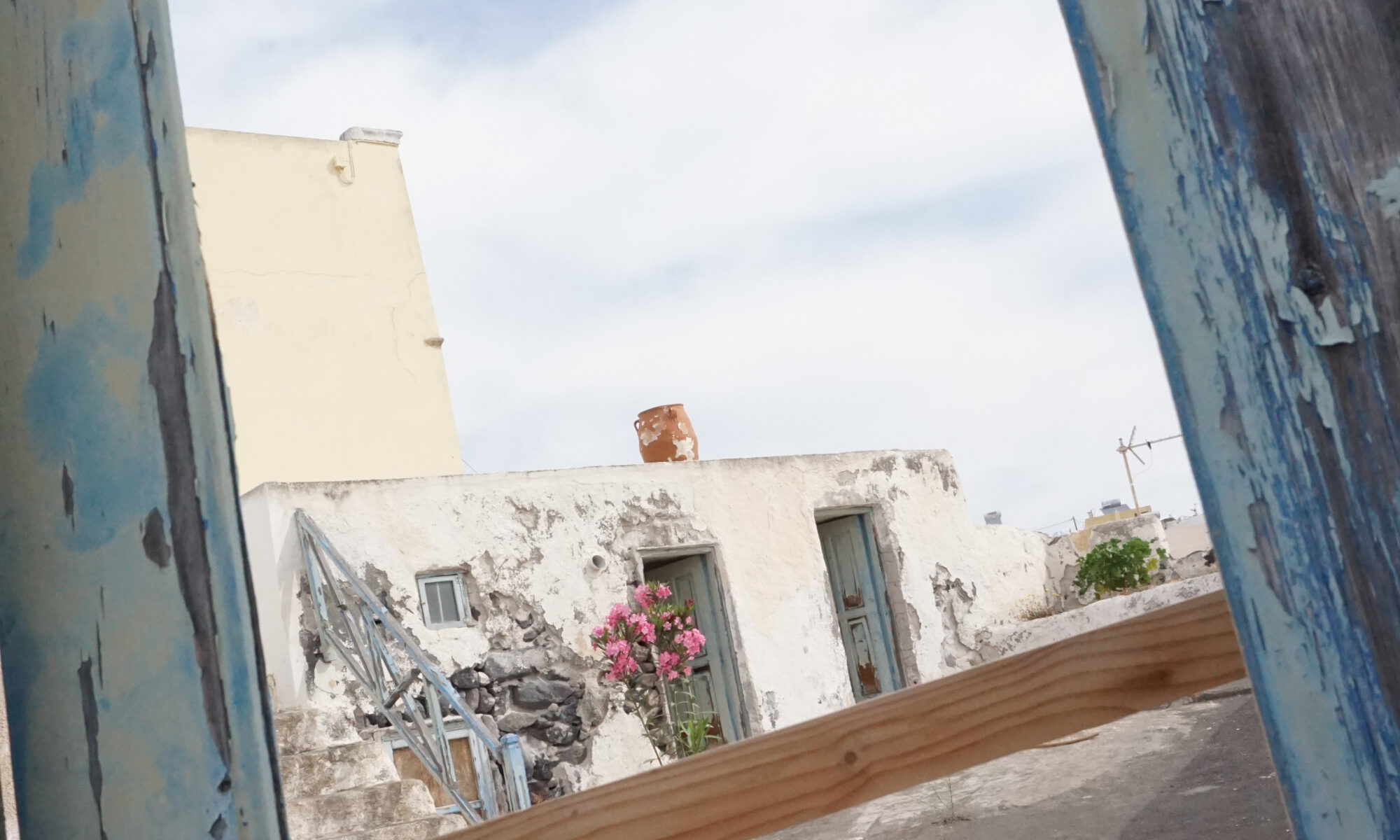
Read: 3 John
Imagine you’re in Athens. You glance at the menu displayed outside the restaurant, and the host swoops in, gesturing toward tables waiting for occupants. The bond between you and the host has been set with the words “Please sit! We have Greek salad and souvlaki!”
Drawn in, you sit and a liter of water appears. The server asks what you like and recommends options. You order the souvlaki, a Greek specialty.
For dessert, the server recommends bougatsa, puff pastry baked with custard. Your stomach says it’s full, but when the server suggests sharing a piece with your dining partner, you order it because you will not have to eat it alone.
You enter the restaurant feeling welcome and leave feeling happy and full.
John, too, ensured that his followers entered the mission field feeling welcome and stayed in it feeling happy and full. In the case of 3 John, he forged a bond in Jesus Christ with his beloved friend Gaius by offering encouragement, advice, and warnings, all of which pointed to the gospel.
First, John offered encouragements that popped with exclamation points (vv. 3–4). He built up Gaisus’s self-esteem and stirred in him the desire to continue his gospel work of leading a team of traveling missionaries.
Second, John gave Gaius water for his spirit in the form of praise (vv. 5–7). Before offering his advice in verses 6 and 8, John mentions Gaius’s faithfulness to and love for his missionaries, building Gaius’s confidence in his mission.
Third, John warned Gaius of the opposition that sought to stop the spread of the gospel (vv. 9–10). He reassured Gaius of the importance of his mission with the promise of an ally.
Can you see why Gaius continued his work as a leader to missionaries? He stayed the course because John assured him his efforts were good, right, and viable.
In fact, John provided the example for Gaius to follow as a leader. John forged a bond in Jesus Christ to welcome a fellow believer into relationship and ensure he continued his gospel mission happy and full of the Holy Spirit.










